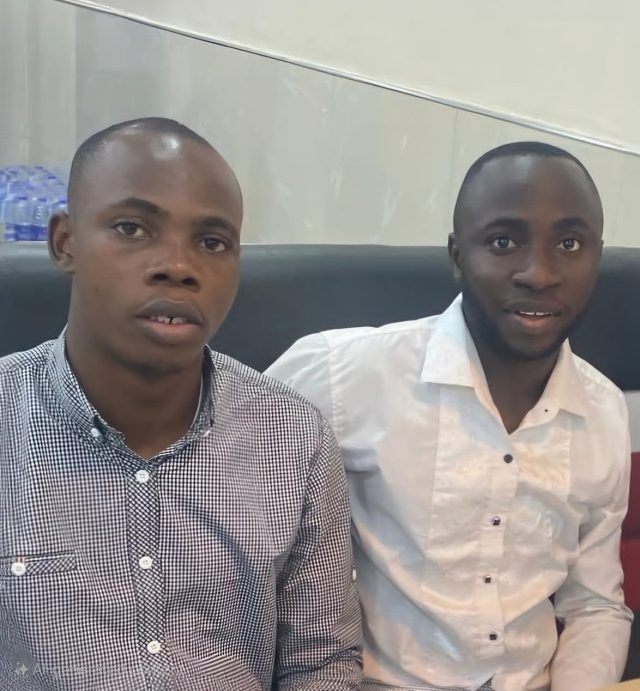Two Nigerian academics are launching a pilot programme in Kwara State to address dementia, a condition experts say is poorly understood and rarely treated in the country, in an effort to develop a community-based model for elder care.
Sociologist Sunkanmi Folorunsho, who is pursuing a combined MA-PhD at the University of Nebraska–Lincoln, and Victor Ajayi, an MA student in social work at the University of North Carolina at Chapel Hill, say their initiative will focus on early detection, caregiver support and reducing stigma around the condition.
“Dementia is one of those issues everyone sees but few talk about,”. “In many Nigerian households, when an older person starts forgetting things or acting unusually, people may call it stubbornness or even a spiritual problem. That silence is dangerous.”
Kwara was chosen for the pilot because it offers both rural and urban communities, allowing the team to test their approach in diverse social and economic settings. Ajayi said it was “not as crowded as Lagos, but diverse enough to reflect the realities of many Nigerian states” and could provide a practical starting point before adapting the model elsewhere.
The project will initially operate in three local government areas. It will train “care guides” – retired health workers, youth corps members and respected community leaders to identify possible dementia cases using simple screening tools such as the Mini-Cog test and the AD8 Dementia Questionnaire. Care guides will visit homes and community centres, using checklists and visual flip charts to explain symptoms in accessible terms.
Mobile outreach teams, working in partnership with nearby clinics, will conduct community screenings at gathering points such as markets, mosques after Friday prayers, and churches on Sundays. Folorunsho said this approach would “meet people where they are” and ensure more residents had access to basic cognitive checks and information materials in Yoruba.
A WhatsApp-based caregiver network will also be established. According to Ajayi, “Almost every family has at least one member on WhatsApp. This will allow caregivers to ask questions, share their struggles, and receive weekly voice notes and short videos on how to handle common problems – for instance, if a relative starts wandering or becomes aggressive.”
Stigma remains one of the largest barriers to dementia care in Nigeria, and the researchers are tackling it directly. Folorunsho said the project is producing leaflets and audio clips in Yoruba, Hausa and Igbo to explain dementia without medical jargon, using local proverbs instead. In Yoruba, for example, memory loss is described as a lamp that dims gradually, rather than a sign of witchcraft or stubbornness.
The programme will also use community drama and storytelling to raise awareness. Ajayi explained that people connect with narratives more than lectures, and that short sketches during market days could portray families dealing with an elderly relative’s forgetfulness, followed by an explanation that such behaviour may be caused by dementia and can be managed with support.
For caregivers, the project will distribute manuals in Yoruba and English offering tips on daily care, covering issues such as nutrition, sleep disruption and home safety. Audio guides and radio jingles will be used for those unable to read. Ajayi emphasised that all the tools selected are affordable and scalable, designed to work with resources communities already have.
The team plans to gather data from the pilot to prepare a policy brief for the Federal Ministry of Health. Folorunsho said they hope to see dementia screening integrated into Nigeria’s primary healthcare system and for caregivers to be recognised in the National Policy on Ageing. He noted that most caregivers are women providing unpaid and often unacknowledged labour, and called for training programmes and eventual support policies.
Global estimates suggest nearly five percent of Nigerians over 60 may already be living with dementia – a figure representing hundreds of thousands of people. Experts warn that without early intervention, families and the healthcare system could become overwhelmed. “Nigeria does not have the luxury of time,” Folorunsho said. “Dementia is not just a family problem. It affects productivity, social stability, and community well-being. This is about dignity and justice for older Nigerians.”
Advocates say the Kwara initiative, with its grassroots focus, culturally adapted tools and emphasis on caregiver empowerment, could become the first scalable model for dementia care in the country and a template for similar programmes across West Africa.







